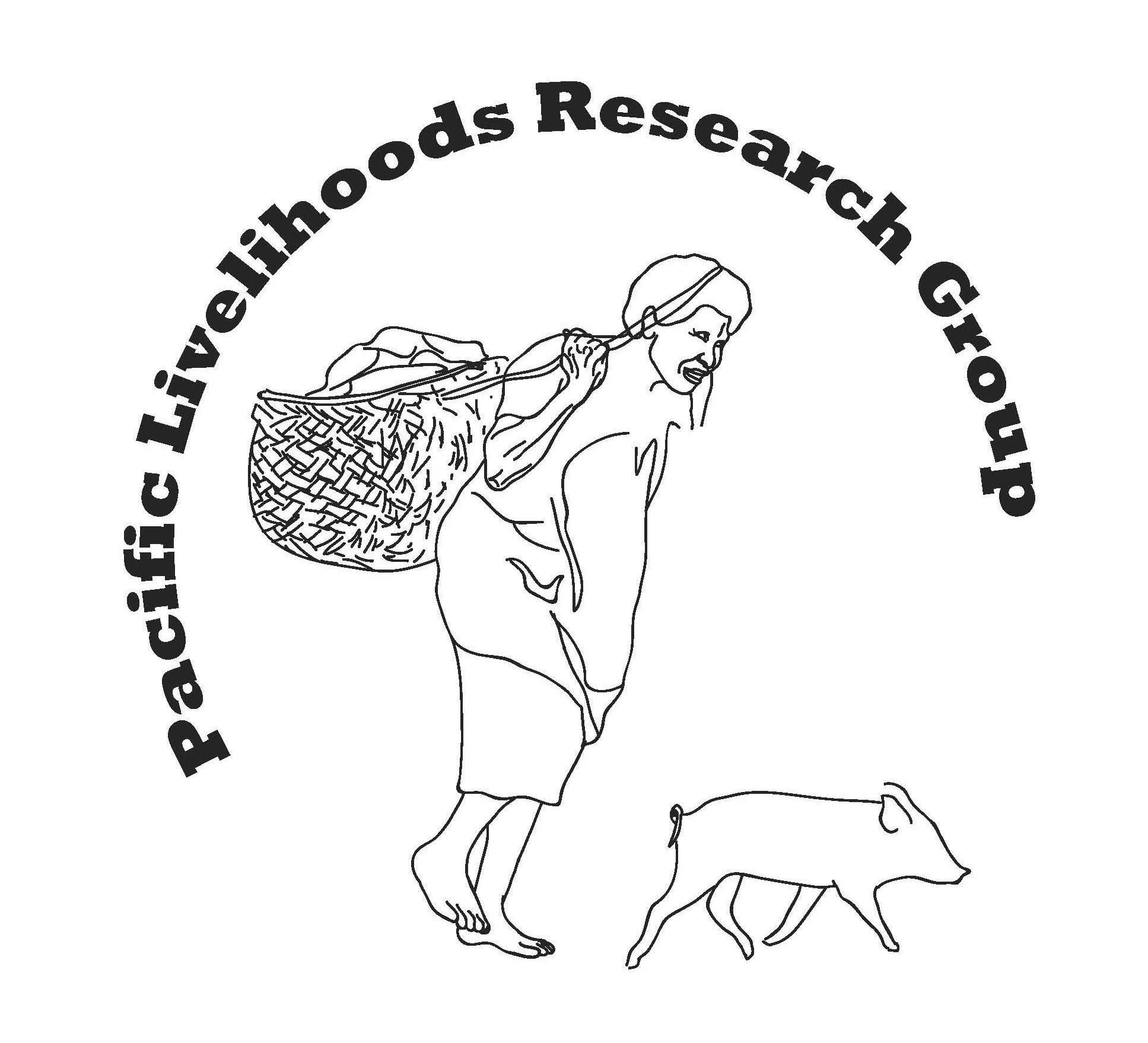Strengthening livelihoods for food security amongst cocoa and oil palm farming communities in Papua New Guinea (ACIAR ASEM-2012-072)
2014-2018
Project Leader:
Dr Gina Koczberski (Curtin University); and co-investigators, Prof George Curry (Curtin University) and Assoc Prof Paul Nelson (James Cook University)
PNG Research Partners :
Papua New Guinea Oil Palm Research Association: Steven Nake (Project leader for oil palm)
Papua New Guinea Cocoa and Coconut Institution: Joachim Lummani (Project leader for cocoa)
Papua New Guinea Unitech: Dr Veronica Bue (Project leader)
This project examines food security amongst smallholder cocoa and oil palm households in Papua New Guinea where gardening systems are under stress.
Oil palm growers’ per capita incomes are falling and their access to land for food gardening declining because of population pressure. The Cocoa Pod Borer (CPB) is devastating smallholder cocoa growers’ production income and subsequently reduced their capacity to purchase food.
This project will develop and evaluate interventions to relieve the stressors on farming systems that make smallholders vulnerable to food and livelihood insecurity. It will assess the status of food security by studying socio-economic and cultural factors that influence smallholders’ farming and livelihood systems and their capacity to adapt and respond to stressors.
The project will then develop interventions to relieve pressures on farming systems, thereby reducing smallholders’ vulnerability to food and income insecurity.
The four main research objectives are to:
- Assess the status of food security among cocoa and oil palm households.
- Determine the key factors that enhance or constrain the capacity of cocoa and oil palm households to adapt and respond to food insecurity.
- Enhance food and livelihood security through strengthening food production and diversifying incomes.
- Strengthen household and institutional capacity to address food and livelihood security through improved access to training, information and Information and Communications Technology (ICT) innovations. This project aims to develop new farmer-driven extension models involving partnerships between the public and commercial sectors to improve nutrient management, extension delivery and the mobilisation of labour for coffee production. This project aims to develop new farmer-driven extension models involving partnerships between the public and commercial sectors to improve nutrient management, extension delivery and the mobilisation of labour for coffee production.
https://www.aciar.gov.au/project/ASEM-2012-072
